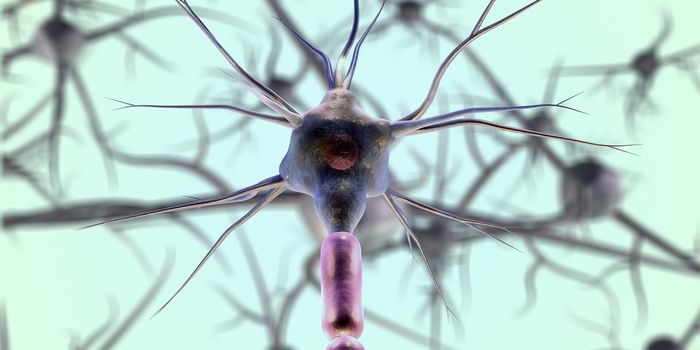This is How Your Immune System Responds to Ebola Vaccination
Vaccines to prevent Ebola are still in their infancy, with experimental-only versions being used only in the most dire of instances. In a new study, scientists question the vaccine’s long-term effectiveness and its impact on the immune system. They also ask: how does the immune response of vaccinated individuals compare with responses of actual Ebola survivors?
The Ebola virus was first discovered in 1976, and the 2014-2016 outbreak in West Africa was the “largest and most complex Ebola outbreak” since the pathogen’s unearthing, according to the World Health Organization (WHO). The infection causes a hemorrhagic fever, meaning it impacts the body’s blood vessels and other organs. The WHO estimates that those infected with the Ebola virus have a 50-50 chance of survival.
The National Institute of Allergy and Infectious Disease explains that while there are currently no vaccines officially licensed to prevent Ebola, an experimental vaccine, rVSV-ZEBOV, has been administered to high-risk individuals in the Democratic Republic of the Congo (DRC) and during clinical trials in West Africa. The vaccine was made by delivering an Ebola protein on the back of a harmless virus, stimulating the immune response to Ebola without actually inducing an infection.
The vaccine is difficult to make and often needed in rural locations that are difficult to reach. Currently, the vaccine is usually only given to people in close contact with people who are already infected with Ebola. Researchers from the present study recognized the need to refine the vaccine, tailor it to specific Ebola strains, and understand what needs to change or stay the same for the vaccine to be maximally effective.
Researchers analyzed blood samples from six individuals who had received the Ebola vaccine within the past year. They focused on B cell activity as part of the induced immune response, as these are the immune cells responsible for producing antibodies, and antibodies are responsible for writing the body’s immune memory.
The analysis zeroed in on two specific antibodies, and researchers learned everything they could about them: their lineage, their molecule makeup, and their binding habits. Antibodies neutralize viruses by binding components of their outer membrane, called glycoproteins. Researchers looked specifically at how and where the antibodies bound the Ebola glycoprotein and how that binding neutralized the Ebola virus so well.
They found that the two antibodies bound the glycoprotein on sites associated with its vulnerability, and they bound in a unique way from other antibodies. Additionally, this binding matched the way antibodies bound glycoproteins in samples from actual Ebola survivors.
The current results are promising, but scientists still have a lot of questions to answer on their search for the optimized Ebola vaccine. Next, scientists want to know if the two antibodies observed in the study will be effective against all types of Ebola species.
Sources: Weizmann Institute of Science, Nature Medicine








